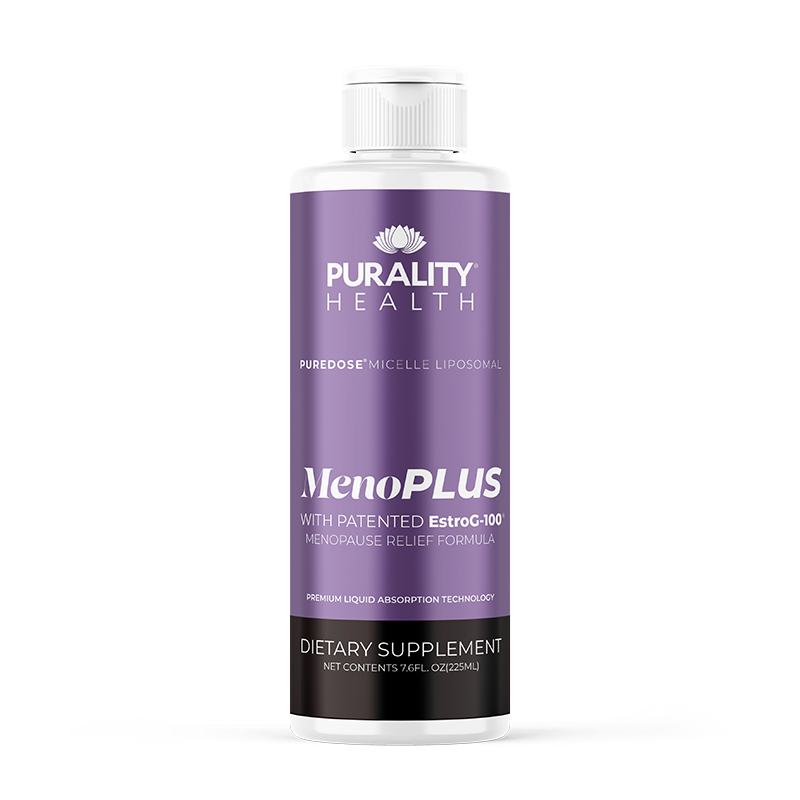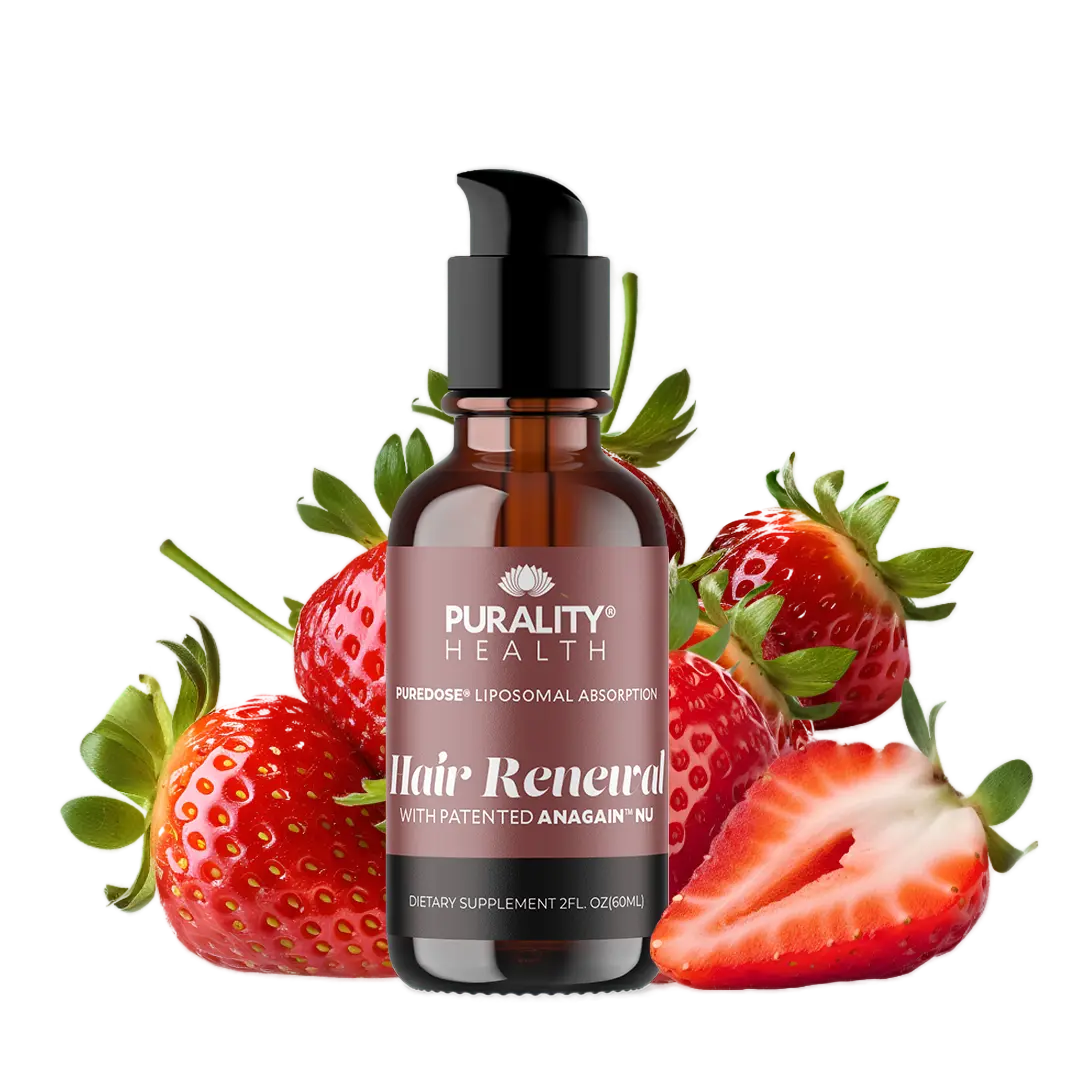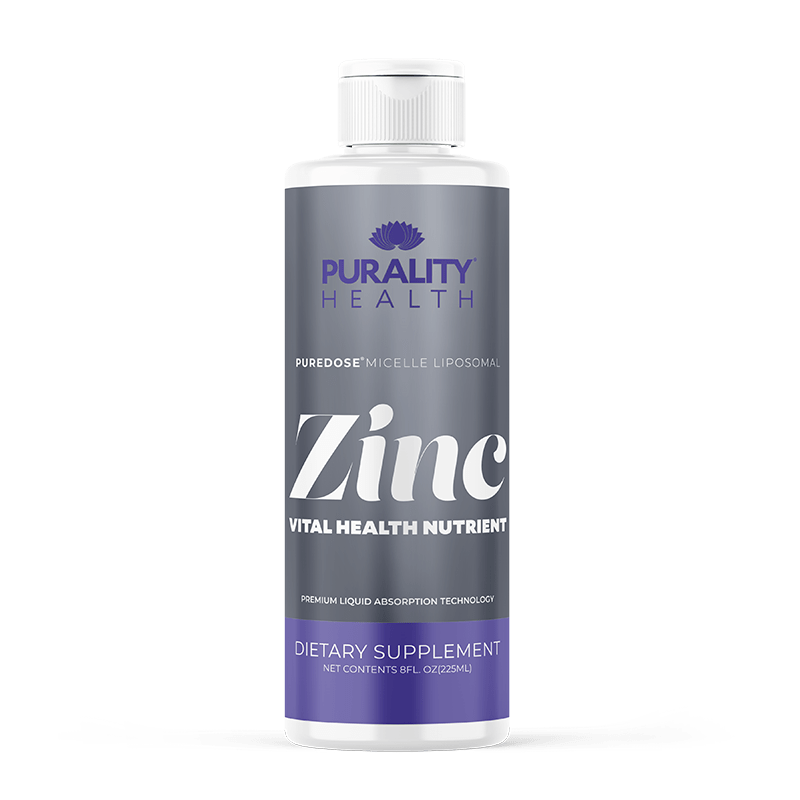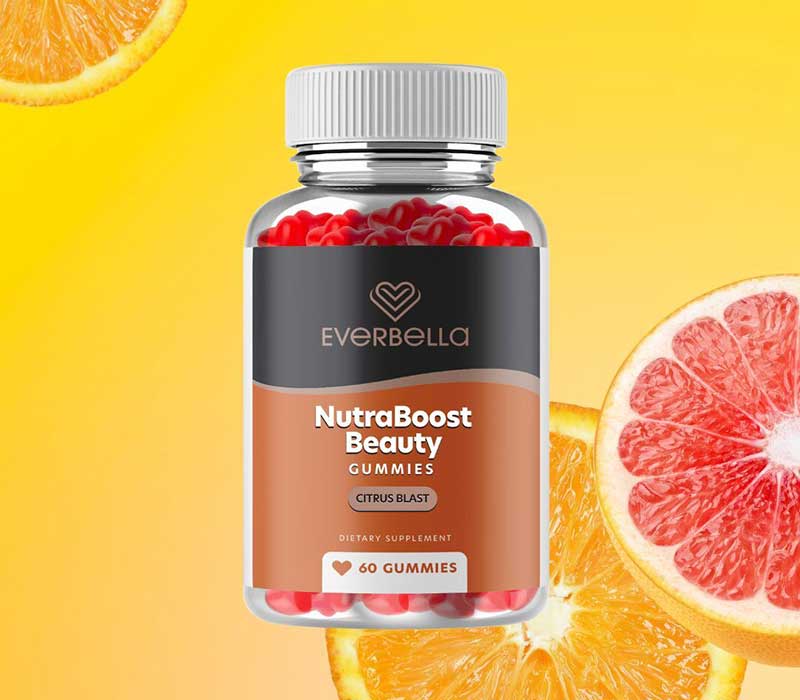7 Tips On Keeping Your Food And Kitchen Organized

As you age, it’s more important than ever to keep your muscles strong. Muscles are key to mobility and strength, and they play a crucial role in our everyday lives.
Fortunately, there are many ways to keep your muscles healthy as you age. In today’s blog post, we’ll go over the importance of muscles and the ways you can maintain their health as you grow older.
The importance of muscles as you age
As we get older, it’s crucial that we take good care of our bodies. This is especially true when it comes to our muscles, which are essential for performing everyday activities as well as maintaining a healthy metabolism. Without a strong foundation of muscles, we can easily become frail and weak, leaving us vulnerable to injuries and illnesses.
However, this does not mean that aging has to result in slowing down or giving up altogether. In fact, even older adults can benefit from making muscle-supporting decisions a priority in their lives.
How to keep your muscles healthy
As we age, our muscles naturally start to deteriorate. This process is called muscle atrophy, and it can lead to a loss of strength, mobility, and balance. There are various ways to help prevent or slow down muscle atrophy.
 Strength training
Strength training
Regular exercise is one of the most important things you can do. Strength training, in particular, helps to build and maintain muscle mass.
Strength training is any type of exercise that helps to build muscle mass and increase strength. Common strength-training exercises include lifting weights, using resistance bands, and doing bodyweight exercises such as push-ups and squats.
Strength training can be beneficial for people of all ages and levels of fitness, as it can help to improve bone density, increase muscle mass, reduce body fat, and improve balance and coordination.
Additionally, strength training can help to reduce the risk of injuries, improve joint function, and increase flexibility. For these reasons, strength training is an important part of any well-rounded fitness routine – especially if you’re looking to maintain the health of your muscles.
A healthy diet
Eating a healthy diet is also crucial for muscle health. In order to build and maintain strong, healthy muscles, it’s important to include the right foods in your diet.
Some of the best nutrients for muscle health include protein, omega-3 fatty acids, antioxidants, and vitamins C and E.
Protein is crucial for muscle building and repair, as it provides the amino acids that our bodies use to make new tissue.
Omega-3 fatty acids play an important role in preventing inflammation, which helps to reduce stiffness and soreness after a workout.
Antioxidants are also essential for muscle health, as they help to reduce oxidative stress on tissues during exercise.
Finally, vitamins C and E both help promote collagen production within muscles, keeping them supple and flexible.
By incorporating these top foods into your regular diet, you can enjoy long-lasting muscle health throughout your entire life.
Hydration
When we’re properly hydrated, our bodies are better able to deliver oxygen and nutrients to our muscles. This helps prevent muscle fatigue and cramping, and it also helps reduce the risk of injuries.
Furthermore, staying hydrated helps to flush out toxins that can build up in the muscles, which can lead to soreness and stiffness.
So next time you reach for a sports drink, remember that you’re not just doing it for the electrolytes – you’re also helping to keep your muscles healthy!
By following these simple tips, you can help keep your muscles healthy as you age.
The benefits of keeping your muscles strong
Whether you’re an athlete, a weekend warrior, or just an active person looking to stay healthy, keeping your muscles strong is essential. Not only does a strong musculoskeletal system help you maintain optimal physical performance, but it also benefits other aspects of your health.
Prevents injuries
Stronger muscles can help prevent injuries by supporting joints and bones.
Muscles are made up of thousands of tiny fibers, which contract as signals from our brains travel to them. These contractions allow our bodies to move, but they also help to stabilize us and keep us balanced.
When we perform physical activities, the pressure that these muscles experience can put strain on our joints and ligaments. However, because muscles themselves are elastic and flexible, they do a great job of absorbing this pressure and protecting the less resilient parts of our body.
As a result, maintaining strong, healthy muscles is one of the best ways to prevent injuries and keep ourselves active for many years to come.
Regulates hormones
Muscles enable your body to regulate hormone levels more effectively. Muscles produce a variety of hormones, including testosterone, which is important for maintaining bone density and muscle mass. Exercise also helps to release endorphins, which have mood-boosting effects.
In addition, muscles help regulate blood sugar levels by storing glucose in the form of glycogen. Glycogen is released into the bloodstream during exercise, providing a source of energy for muscles.
By helping regulate hormone levels, exercise plays an important role in maintaining overall health.
Supports immunity
Healthy muscles help keep your immune system functioning at its best. This is because muscles play a vital role in the body’s ability to fight off infection and disease. They produce proteins known as antibodies, which help to identify and destroy foreign invaders such as bacteria and viruses.
In addition, muscles produce white blood cells, which are the body’s first line of defense against infection.
Exercising regularly has also been shown to improve the function of the immune system by increasing the production of white blood cells.
So, if you’re looking for ways to boost your immunity, start by taking care of your muscles.
Promotes healthy metabolism
Having strong muscles keeps your metabolism humming along so that you are better able to maintain a healthy weight. When we have more muscle, our bodies burn more calories at rest, even when we are sleeping.
On top of that, muscles help to store glucose in the form of glycogen, which can be used for energy when needed.
Muscle tissue is also more efficient than fat tissue in using oxygen to produce energy. As a result, maintaining a healthy level of muscle mass is important for keeping the metabolism operating at its best.
Overall, keeping your muscles in top shape is one of the best ways to stay healthy and happy for years to come!
Give your muscles a head start
Curcumin is an active compound within turmeric that carries powerful anti-inflammatory and antioxidant properties, along with a host of other benefits.
As such, it can support the health of your muscles by reducing inflammation and oxidative stress.
This is why curcumin has been shown to…
- Reduce muscle soreness and damage following exercise… [1]
- Decrease the oxidative stress brought on by exercise within the muscles… [2]
- Lower psychological stress during exercise, allowing for improved performance… [3]
- Speed up the recovery of muscle damage… [4, 5]
Even if you’re not exercising regularly, your muscles are working and moving every day.
Without inflammation and oxidative stress wearing them out, you can have healthier, happier muscles for longer!







 Strength training
Strength training

